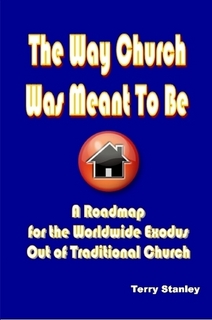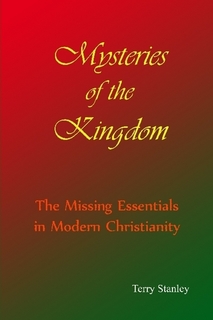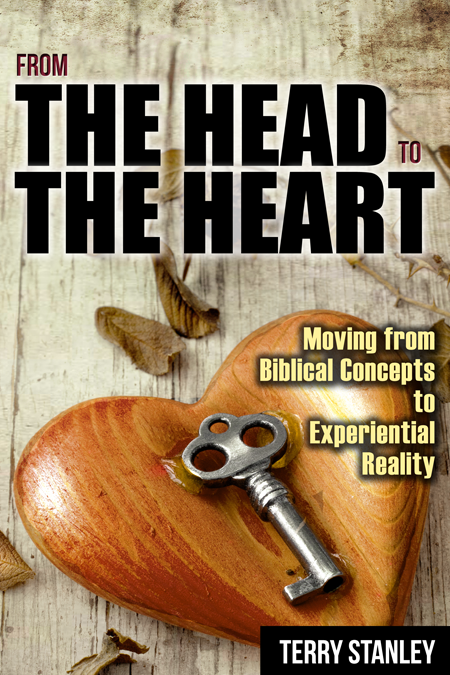In the last article, we talked about how having quality in church life can attract some people and also drive some people away.
People “come and go” from Christian fellowships all of the time. Some attend for only one visit. Some stay for a few months and then never come back. Some stay for the long haul. The question is this: Do you have any individual responsibility regarding a person leaving your group or staying? Or, if a person leaves or stays is it just a choice they make that is out of your hands and has nothing to do with you?
I sometimes hear people say, “What happened to that family that was coming around?” Or “Where is brother so and so?” Without a doubt, we ultimately cannot choose for other people. There are many reasons why someone may stay or leave a particular group and some of their choices may have nothing to do with you. But if someone chooses to leave or stay, have you ever thought that you maybe a contributor to their choice?
There are very few scriptures in the New Testament that place us under any obligations. However, Romans 13:8 is a very interesting verse: “Owe nothing to anyone except to love one another; for he who loves his neighbor has fulfilled the law.”
You may feel like you don’t owe anything to anybody. They can come to the church meetings if they want, or they can leave if they want. If they don’t come for a while, you may say, “Hey, what happened to brother so and so?” I would like to gently pose a thought to you: Perhaps if you were more involved in their life you would be more aware of why they left.
Before they left, did you ever have any meaningful conversations with them? Had you ever invited them out to lunch? Have you ever had them over to your home for a meal? Or, are you just attending meetings and then going home to your individual life? What did ever happen to brother so and so?
The scriptures say that you owe it to others to love them. According to Romans 13:8, you are under obligation and you have a debt to pay other people. You “owe” love to others. It is not optional. If you love someone or treat them with unusual kindness, you have done nothing special. You have not gone above and beyond. When you love someone, you have not done some amazing thing. You have only done what you ought to have done.
Luk 17:7-10 “Which of you, having a slave plowing or tending sheep, will say to him when he has come in from the field, ‘Come immediately and sit down to eat’? “But will he not say to him, ‘Prepare something for me to eat, and properly clothe yourself and serve me while I eat and drink; and afterward you may eat and drink’? “He does not thank the slave because he did the things which were commanded, does he? “So you too, when you do all the things which are commanded you, say, ‘We are unworthy slaves; we have done only that which we ought to have done.'”
You can frequently observe the cliques that exist in a group before or after a meeting time. Some choose to only visit with those they prefer. Visitors and newer families can often sit by themselves feeling unsure how to plug in. Many times these people quietly leave the fellowship because they were not drawn in or pursued in any way. New people especially should be swarmed with love and attention. You owe them a warm and inviting conversation. You owe it to them to open your heart wide and invite them in. You owe them love.
Perhaps the most important thing to you is that you meet with God in the right way, and whoever joins you, “can either join or they cannot join”. Perhaps you have taken a certain hill of truth and you stand on top of your hill waiving your flag and claiming your stake. If this describes your brand of worship, you are already meeting in the wrong way, no matter how right you are about your current format or church experience.
Meeting in the right way is not enough. Attending a Christian meeting where you personally meet with God and get your needs met is not near enough. Notice this amazing passage in 1 Cor 11.
1Co 11:17-22, 28-30, 33-34 “But in giving this instruction, I do not praise you, because you come together not for the better but for the worse.” For, in the first place, when you come together as a church, I hear that divisions exist among you; and in part I believe it. For there must also be factions among you, so that those who are approved may become evident among you. Therefore when you meet together, it is not to eat the Lord’s Supper, for in your eating each one takes his own supper first; and one is hungry and another is drunk. What! Do you not have houses in which to eat and drink? Or do you despise the church of God and shame those who have nothing? What shall I say to you? Shall I praise you? In this I will not praise you…. But a man must examine himself, and in so doing he is to eat of the bread and drink of the cup. For he who eats and drinks, eats and drinks judgment to himself if he does not judge the body rightly. For this reason many among you are weak and sick, and a number sleep…. So then, my brethren, when you come together to eat, wait for one another. If anyone is hungry, let him eat at home, so that you will not come together for judgment.”
Paul is addressing much more than the fact that some were not getting enough to eat. Paul is addressing the heart attitude of the Corinthians when they gathered together. They were indifferent toward one another. They were not coming together with fervent love filling their hearts for one another. They were gathering together, doing their meeting ritual, but missing the entire point of the meeting. They came together for the worse.



